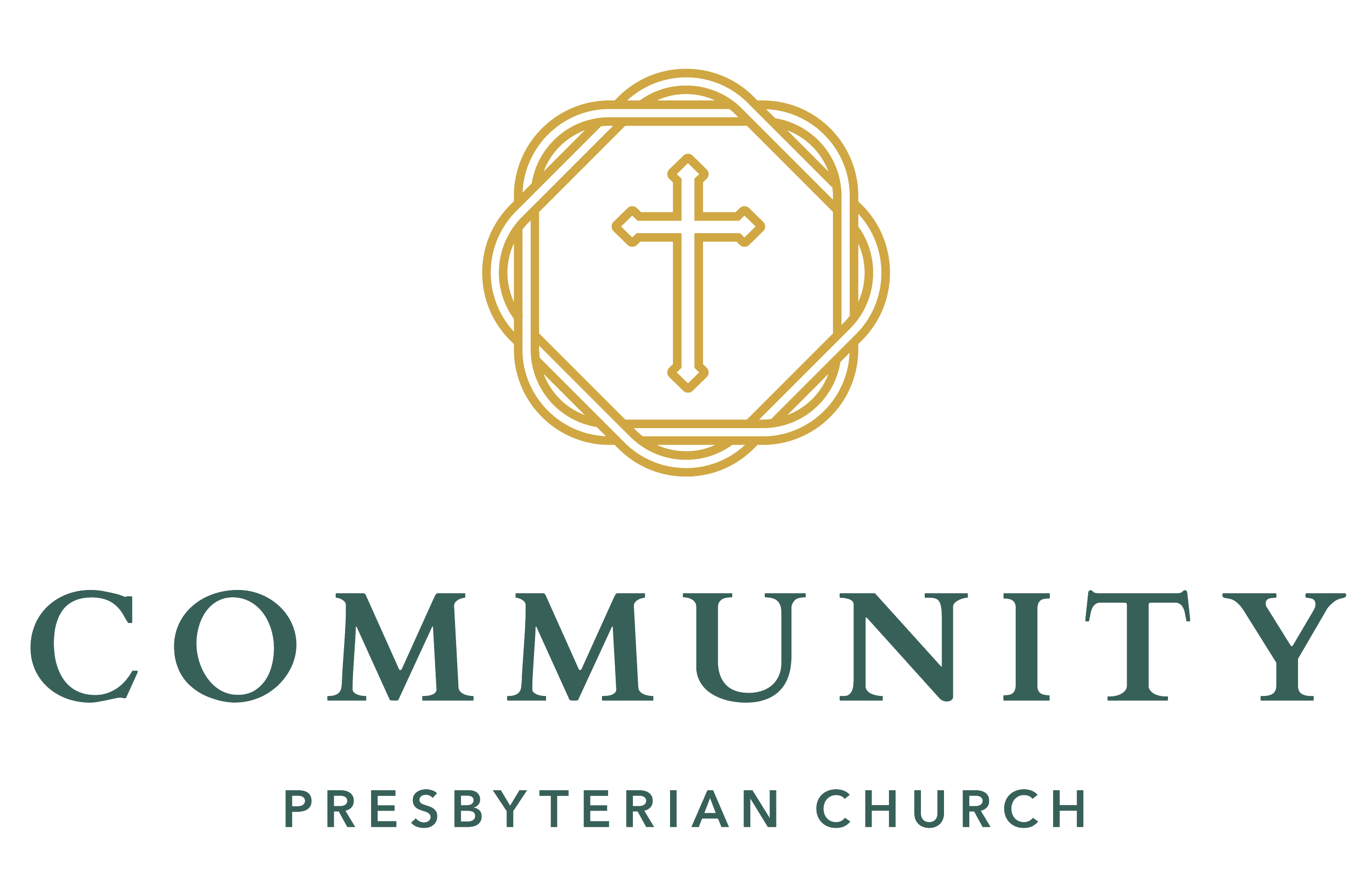How Then Shall We Listen? Our Catechism's Tips on Listening to Sermons -- Part IV
Today we come to the final in a brief series on tips for listening to sermons from the Westminster Divines. To this end we have been examining Question 90 of the Shorter Catechism, “How is the Word to be read and heard, that it may become effectual to salvation?” Let’s look at the final clause of the answer: “That the Word may become effectual to salvation, we must attend thereunto with diligence, preparation, and prayer; receive it with faith and love, lay it up in our hearts, and practice it in our lives.”
This exhortation is picking up from the language of James 1:22-25. “But be doers of the word, and not hearers only, deceiving yourselves. For if anyone is a hearer of the word and not a doer, he is like a man who looks intently at his natural face in a mirror. For he looks at himself and goes away and at once forgets what he was like. But the one who looks into the perfect law, the law of liberty, and perseveres, being no hearer who forgets but a doer who acts, he will be blessed in his doing.”
James compares two men who have an intent gaze into something that is useful, for one a mirror, the other the Word of God. The mirror is useful, but it becomes quite useless if, when looking into it, you simply go on your way. Because the mirror cannot be the comb or the floss or the face wash needed to make oneself presentable in civilized society. The mirror is not just for looking, it’s for learning. This is like the other man that James warns against: a man who pores over God’s Word and studies it carefully, but then goes on his merry way and never does anything about the information he has learned from it. To do so is to forfeit blessings from our heavenly Father, James says.
God’s Law is rightly compared to a mirror. When we look into it we see our corruption and imperfections that need to be cleansed and sanctified. We also see reflected to us the beauty of Christ. This is what we learn as the Word of God is faithfully opened and proclaimed week in and week out from the pulpit. What are we going to do with that information? We are supposed to do something! No, our salvation does not rest upon our doing—praise God for that. But now hearing what God has done for us in Christ, we “make it our aim to please Him.” Knowing that our security rest in the indicatives of the Gospel, we have a desire to fulfill the imperatives of God’s Word.
So the information we hear on Sunday is not meant to tickle our ears. God’s Word is given to stir our souls and move our hands and feet into action. Consider this the next time you open up God’s Word, or hear it preached in church. What is this passage expecting of you now that you are a blood-bought child of God? What good works can you set out to do in obedience to God’s Word and in reliance upon His Spirit?
